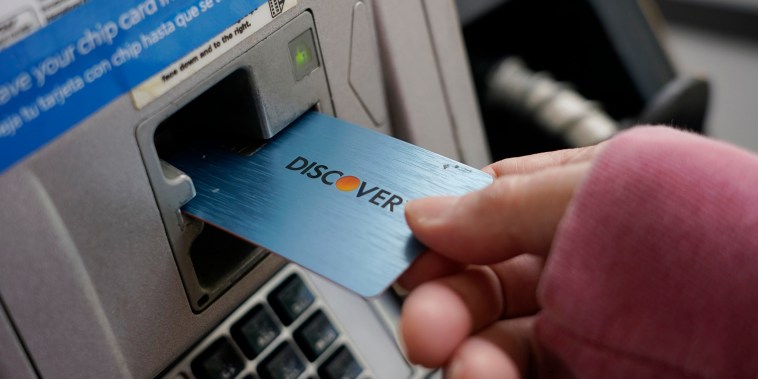In a move that sent ripples through the financial industry, the proposed merger between Capital One and Discover has drawn the attention of both consumers and experts alike. The potential union of two major players in the credit card market has sparked concerns about the impact it could have on credit card users.
One of the primary worries surrounding the merger is the potential for reduced competition in the credit card industry. With Capital One and Discover combining forces, there is a real risk that the resulting entity could have a dominant market position, limiting options for consumers and potentially leading to higher fees and interest rates.
Experts caution that a reduction in competition could also stifle innovation in the credit card market. Competition among credit card companies has historically driven the development of new features and rewards programs, benefiting consumers by offering a wide range of choices. A merger between Capital One and Discover could disrupt this competitive dynamic, leading to a lack of incentive for the remaining players to innovate.
Furthermore, concerns have been raised about the potential impact of the merger on customer service. Both Capital One and Discover are known for their customer-friendly policies and high levels of customer satisfaction. However, the merger could strain customer service resources and lead to a decline in the quality of service offered to cardholders. This could result in frustration for consumers who rely on their credit cards for day-to-day purchases and financial transactions.
Another area of concern is the potential for reduced access to credit for certain groups of consumers. If the merger results in tighter lending standards or a more conservative approach to credit risk, individuals with less-than-perfect credit scores or those seeking to establish credit for the first time could find it harder to obtain a credit card. This could have negative consequences for these consumers, limiting their ability to make essential purchases or build credit history.
In conclusion, while the proposed merger between Capital One and Discover may offer benefits in terms of scale and efficiency, there are valid concerns about its potential impact on credit card users. From reduced competition and innovation to potential challenges in customer service and access to credit, the merger raises important questions about the future of the credit card industry. It is essential for regulators to carefully scrutinize the proposed merger to ensure that consumer interests are protected and that competition in the credit card market remains vibrant and beneficial for all consumers.
